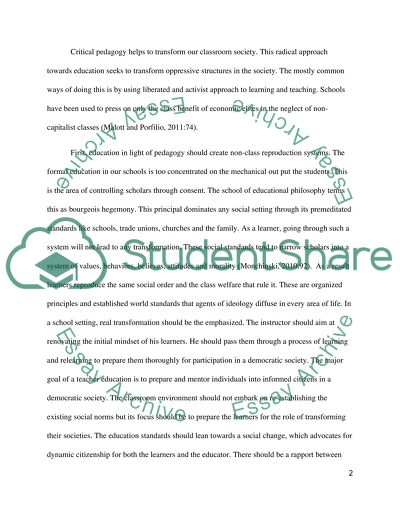Cite this document
(“Philosophy of Education Essay Example | Topics and Well Written Essays - 3000 words”, n.d.)
Retrieved from https://studentshare.org/education/1398442-philosophy-of-education
Retrieved from https://studentshare.org/education/1398442-philosophy-of-education
(Philosophy of Education Essay Example | Topics and Well Written Essays - 3000 Words)
https://studentshare.org/education/1398442-philosophy-of-education.
https://studentshare.org/education/1398442-philosophy-of-education.
“Philosophy of Education Essay Example | Topics and Well Written Essays - 3000 Words”, n.d. https://studentshare.org/education/1398442-philosophy-of-education.


